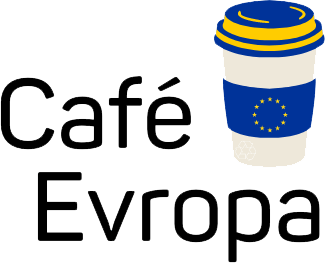
#27 Café Evropa – Bilancování Věry Jourové v Evropské komisi
Události
O Institutu EUROPEUM
EUROPEUM je nezávislý think-tank zaměřený na evropský integrační proces. Provádíme původní výzkum a organizujeme veřejné aktivity. Dále formulujeme nové myšlenky a doporučení ke zlepšení domácí a evropské politiky.
Události
Pořádáme pravidelné semináře, debaty, konference, workshopy a kulaté stoly zaměřené na aktuální evropská témata.
Projekty
Naše dlouhodobé projekty pomáhají zvyšovat povědomí o Evropské unii a posilují mezinárodní spolupráci.
Články
Náš výzkumný tým publikuje články reagující na témata spojená (nejen) s evropskou integrací.
Události
Pořádáme pravidelné semináře, debaty, konference, workshopy a kulaté stoly zaměřené na aktuální evropská témata.
Projekty
Naše dlouhodobé projekty pomáhají zvyšovat povědomí o Evropské unii a posilují mezinárodní spolupráci.
Články
Náš výzkumný tým publikuje články reagující na témata spojená (nejen) s evropskou integrací.
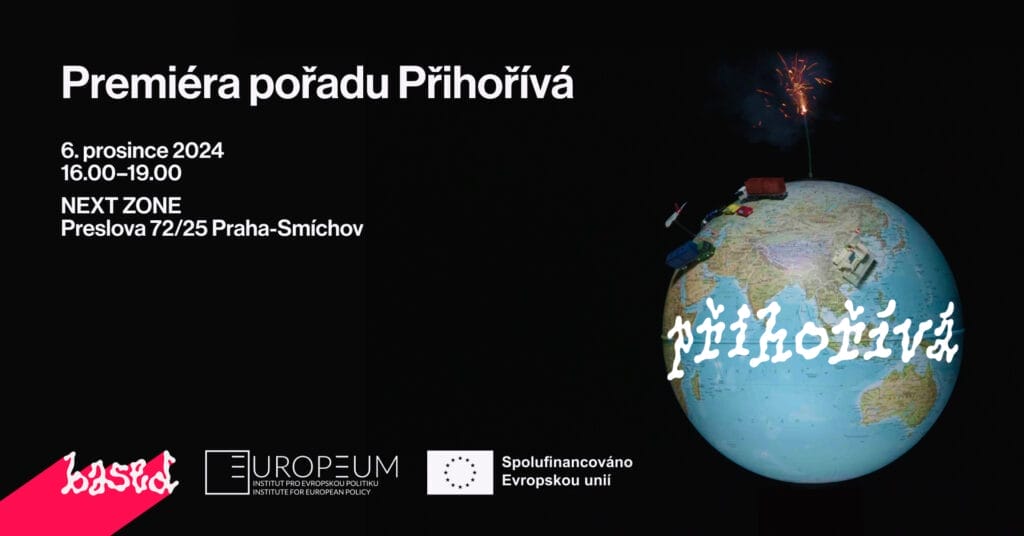
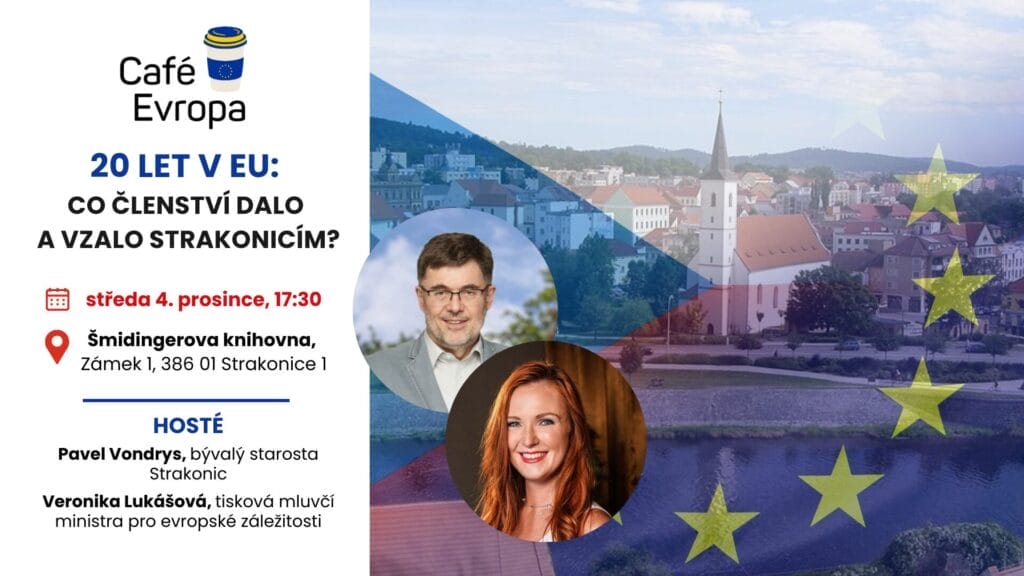
20 let v EU: Co členství dalo a vzalo Strakonicím
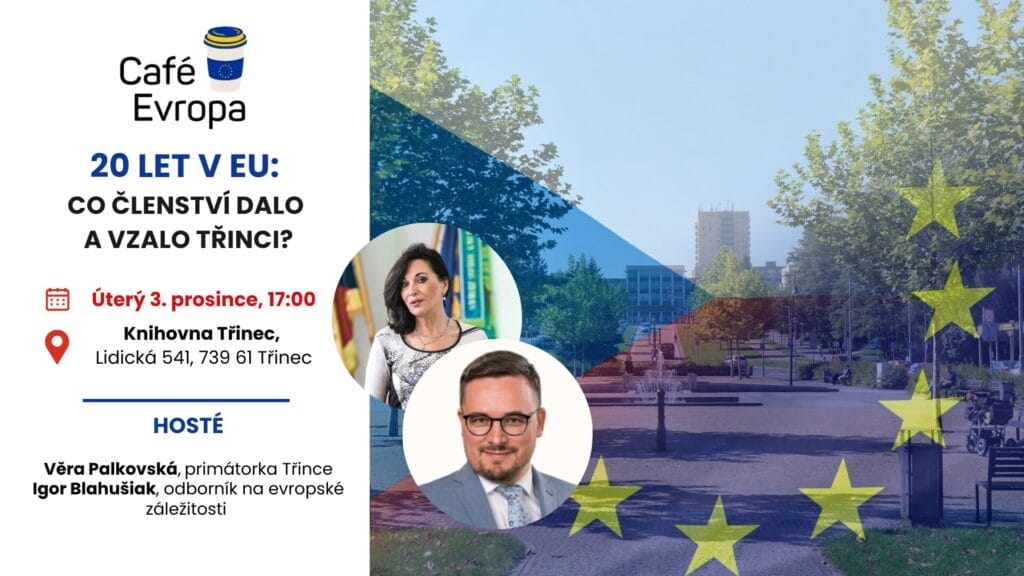
20 let v EU: co členství dalo a vzalo Třinci?
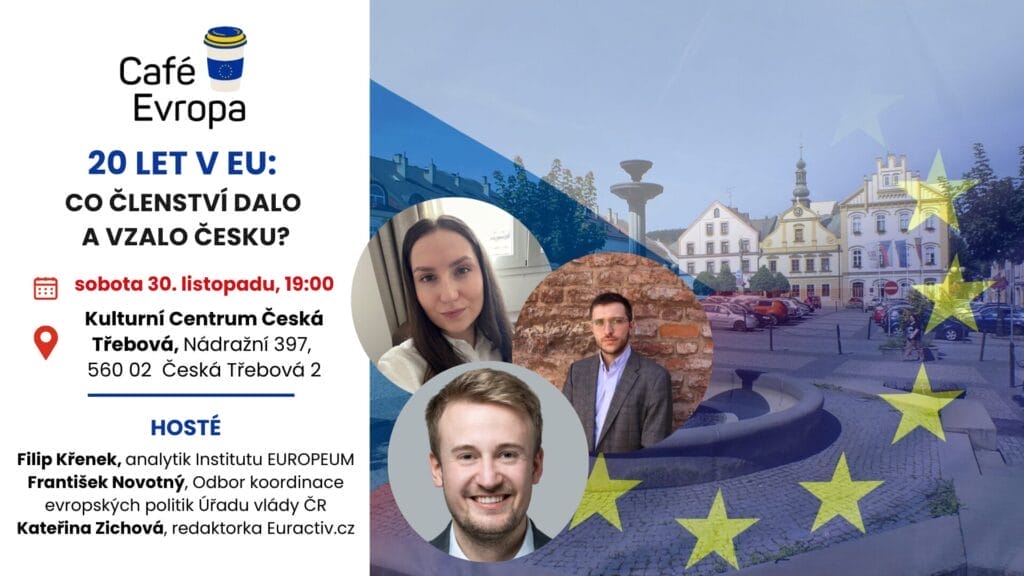
20 let v EU: Co členství dalo a vzalo Česku?
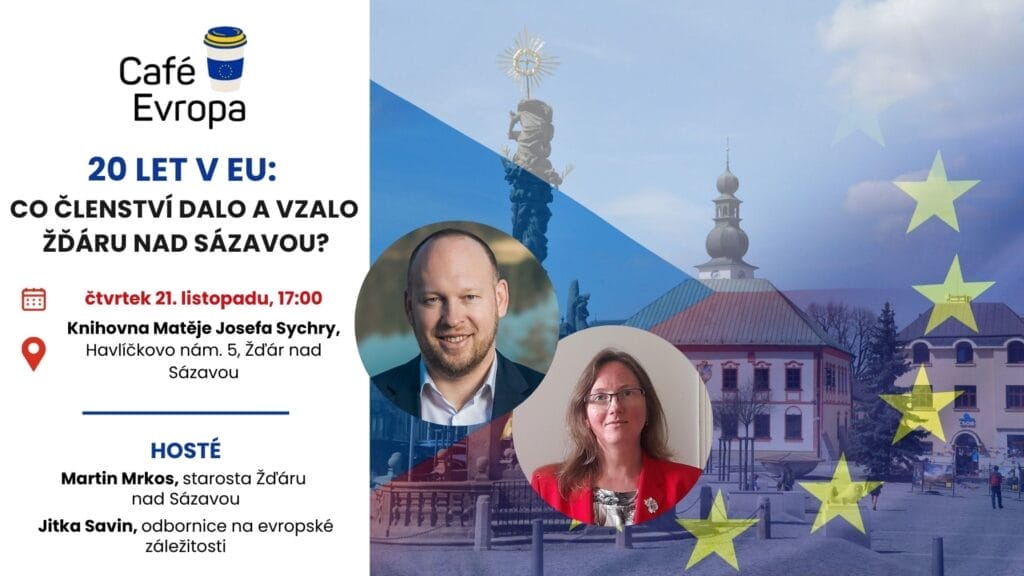
20 let v EU: Co členství dalo a vzalo Žďáru nad Sázavou
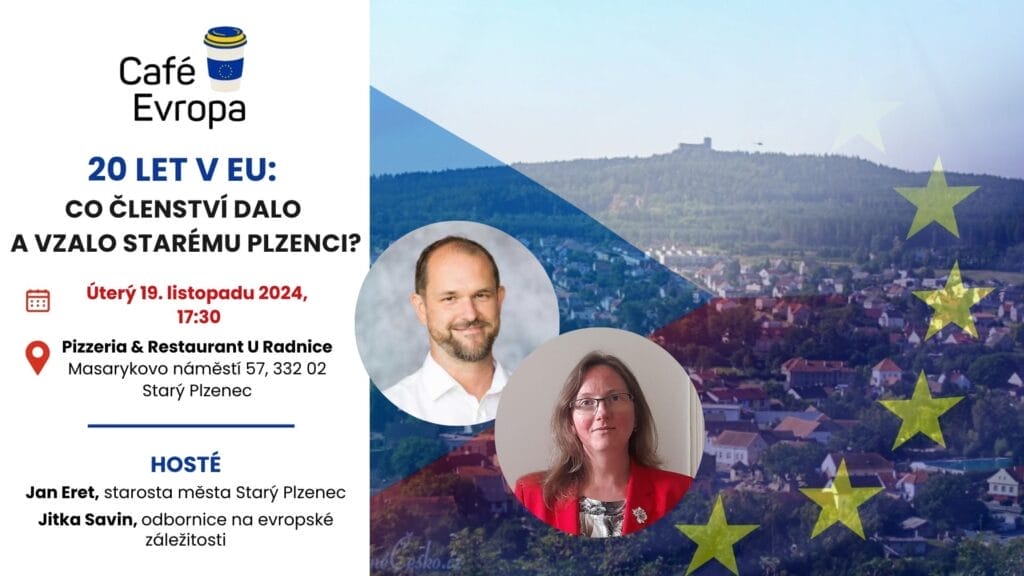
Café Evropa | 20 let v EU: Co členství dalo a vzalo Starému Plzenci
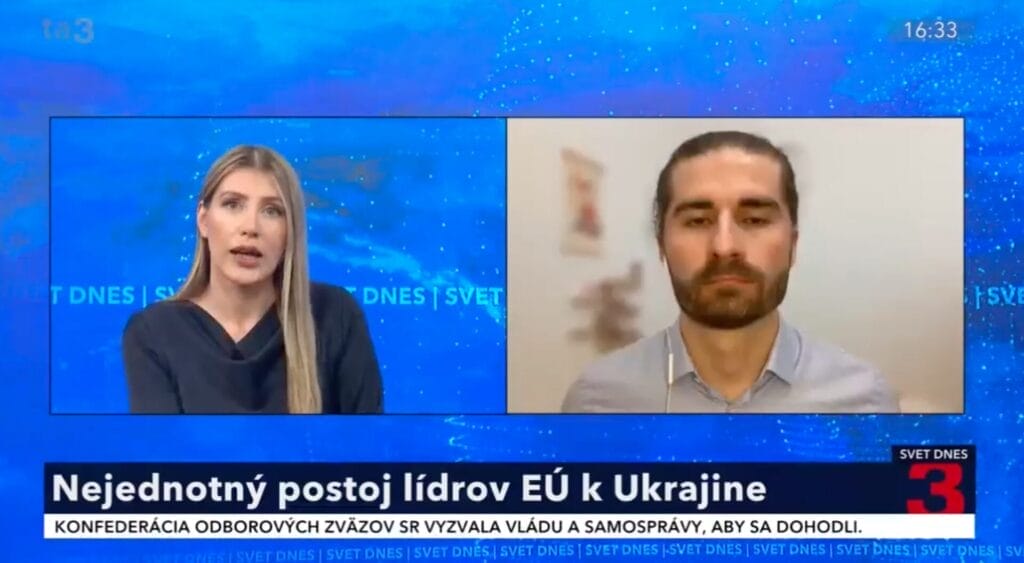
TA3 | Zelenský vyzývá EU a USA k silné podpoře. Rozdíly v postojích ohrožují ambice Ukrajiny
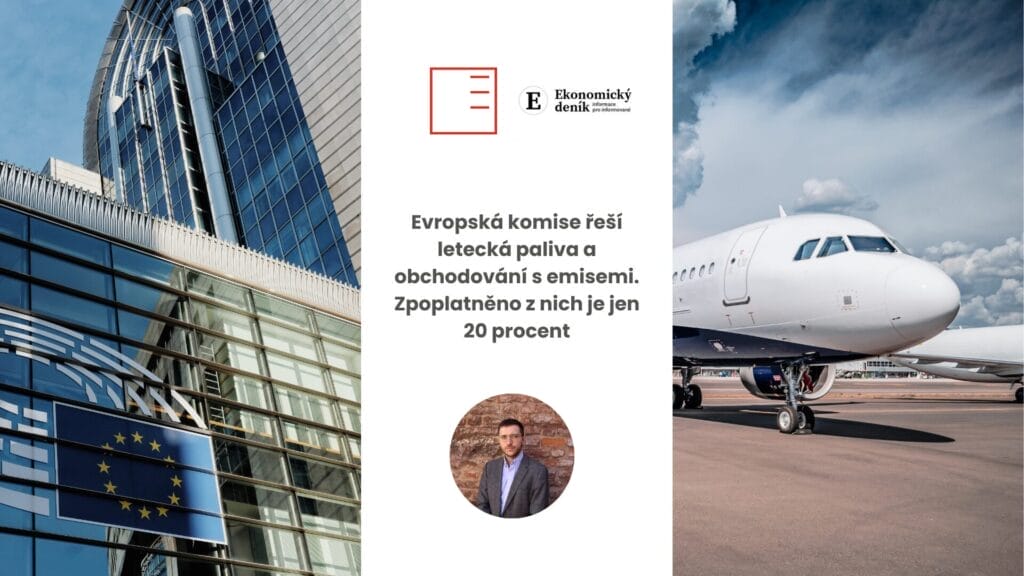
Ekonomický deník | Evropská komise řeší letecká paliva a obchodování s emisemi. Zpoplatněno z nich je jen 20 procent
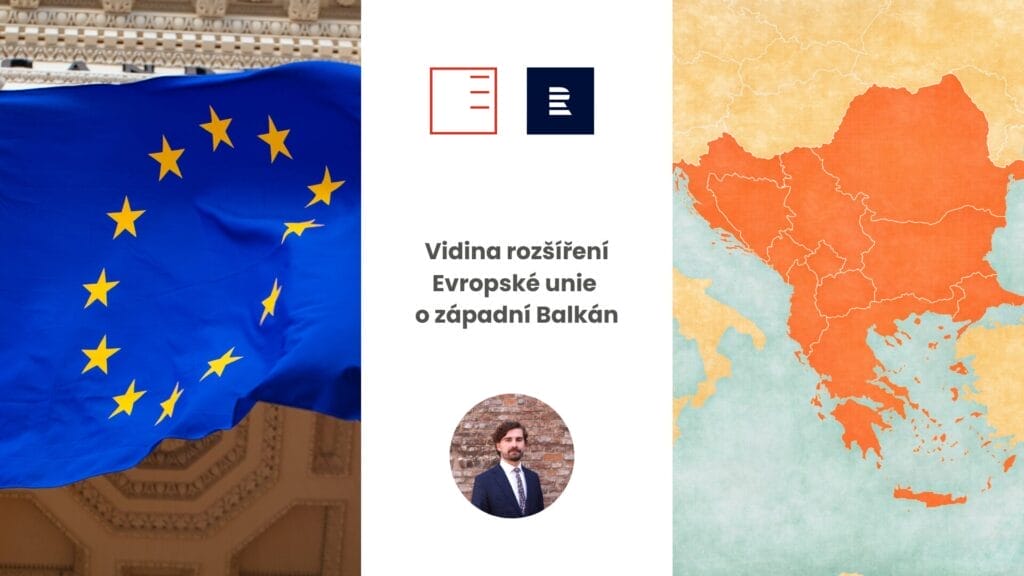
ČRo | Vidina rozšíření Evropské unie o západní Balkán
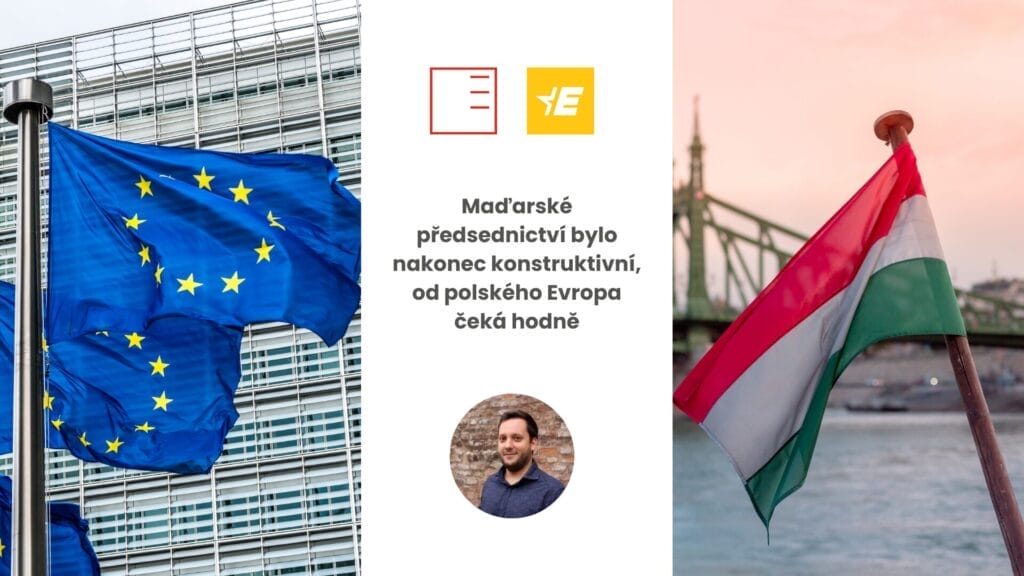
Euractiv.cz | Maďarské předsednictví bylo nakonec konstruktivní, od polského Evropa čeká hodně
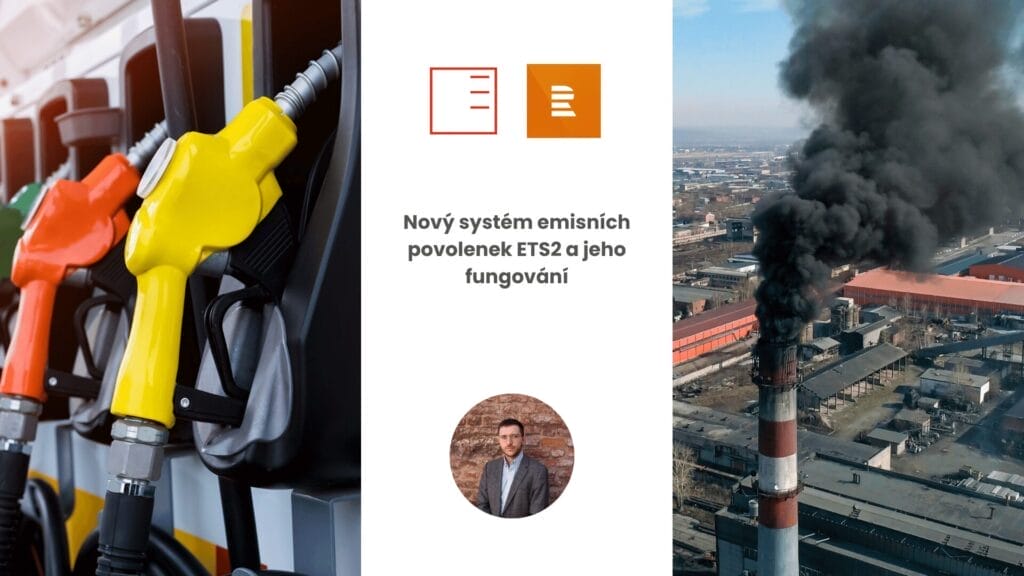
ČRo Plus | Nový systém emisních povolenek ETS2 a jeho fungování
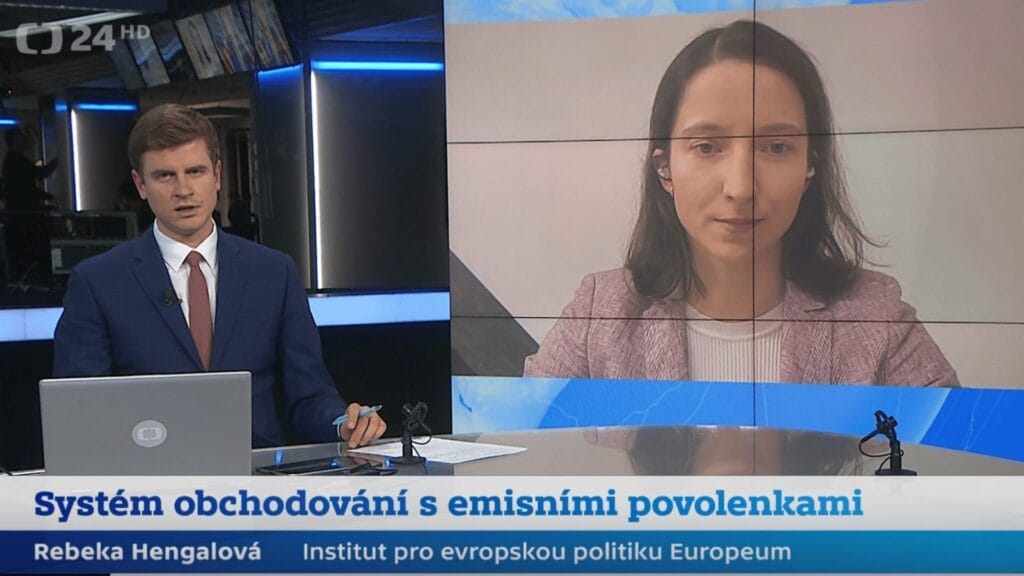
ČT24 | Vláda chce odložit a upravit nový systém obchodování s emisními povolenkami

JustGreen
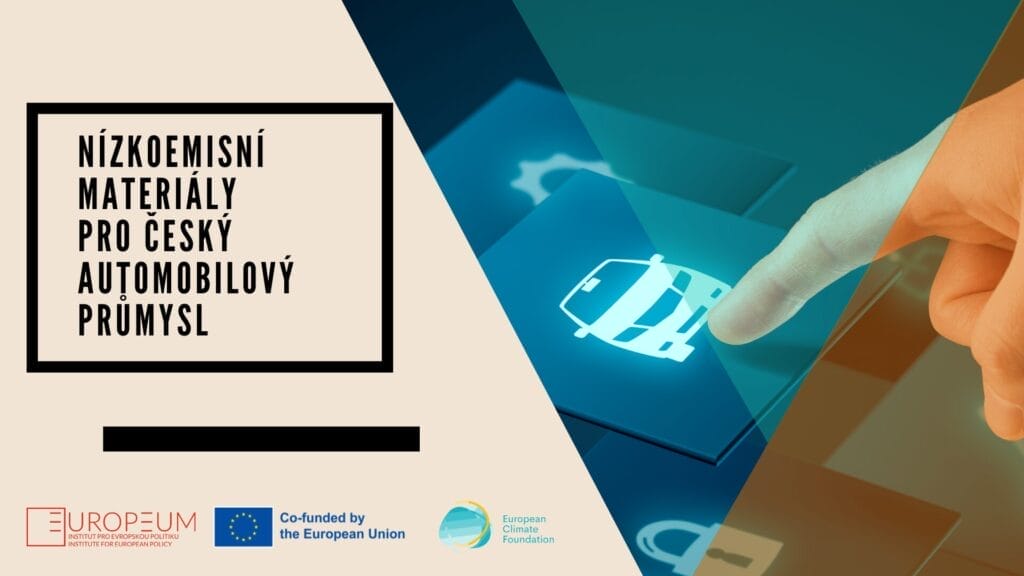
Nízkoemisní materiály pro český automobilový průmysl
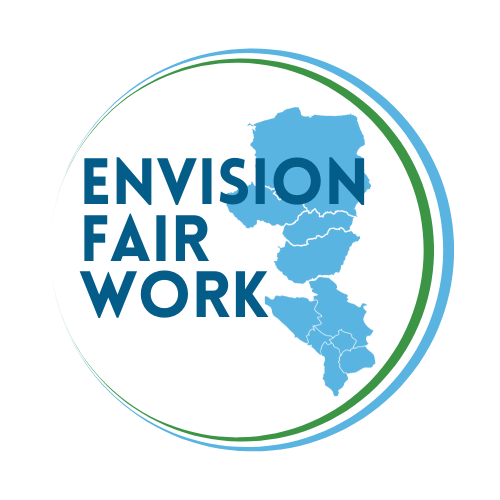
Platform Revolution: utváření budoucnosti pro práci v EU a na západním Balkáně
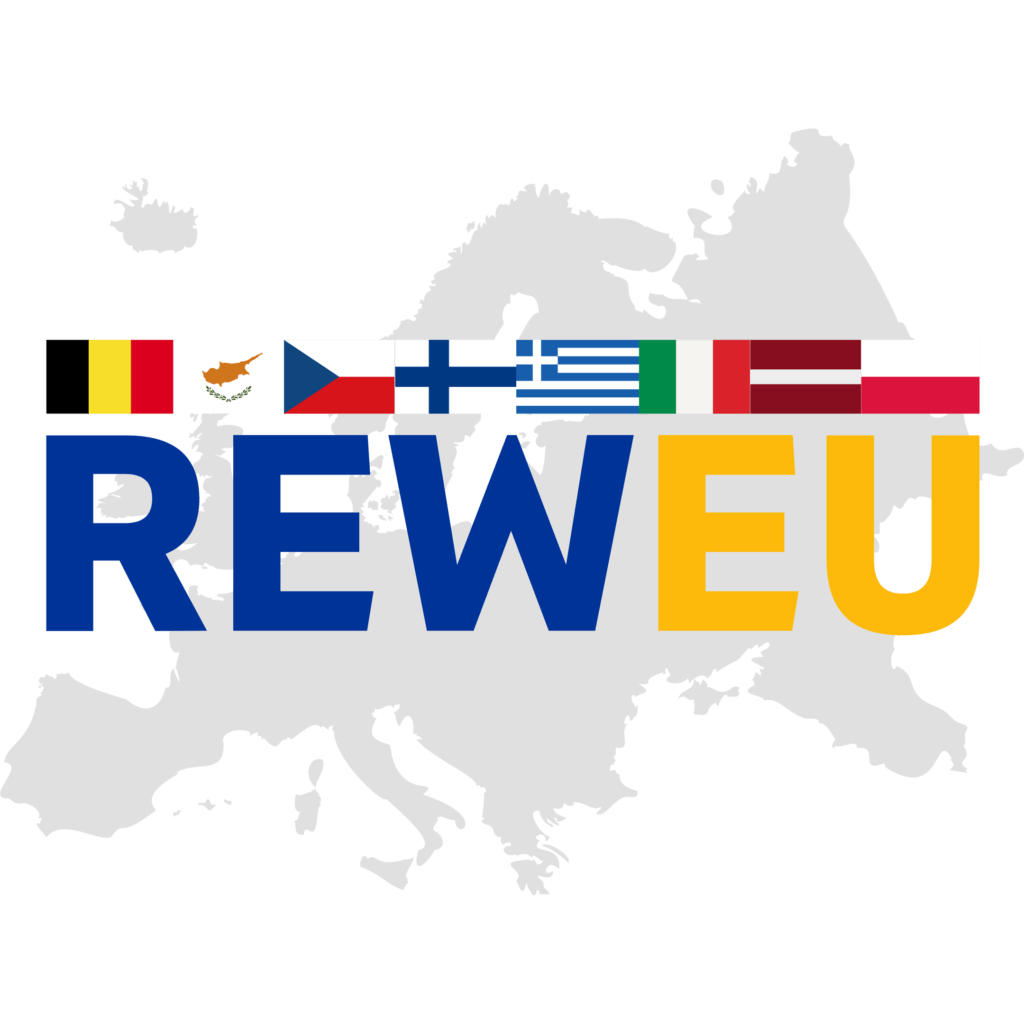
REWEU

Cirkularita a životní cyklus baterií a konstrukčních materiálů v automobilovém průmyslu jako příležitost pro Česko*
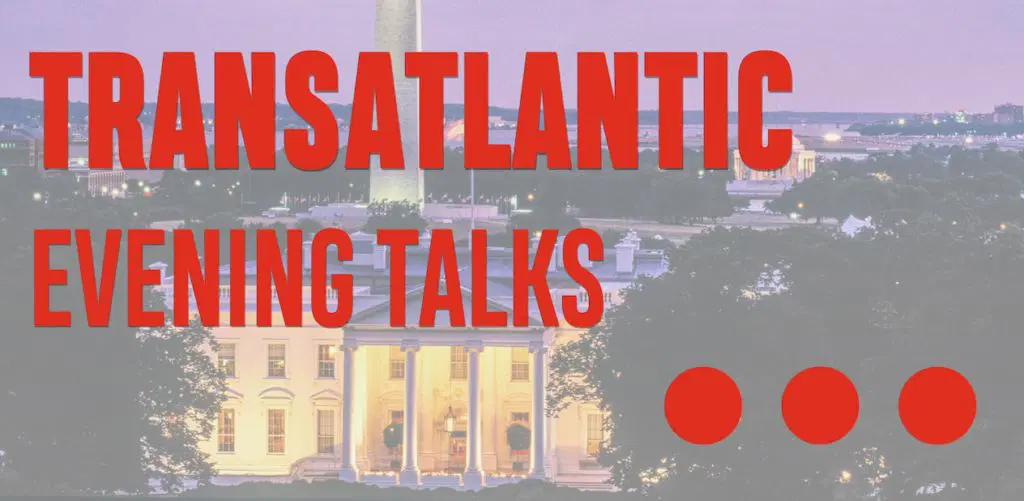
TAPF | Transatlantic Evening Talks
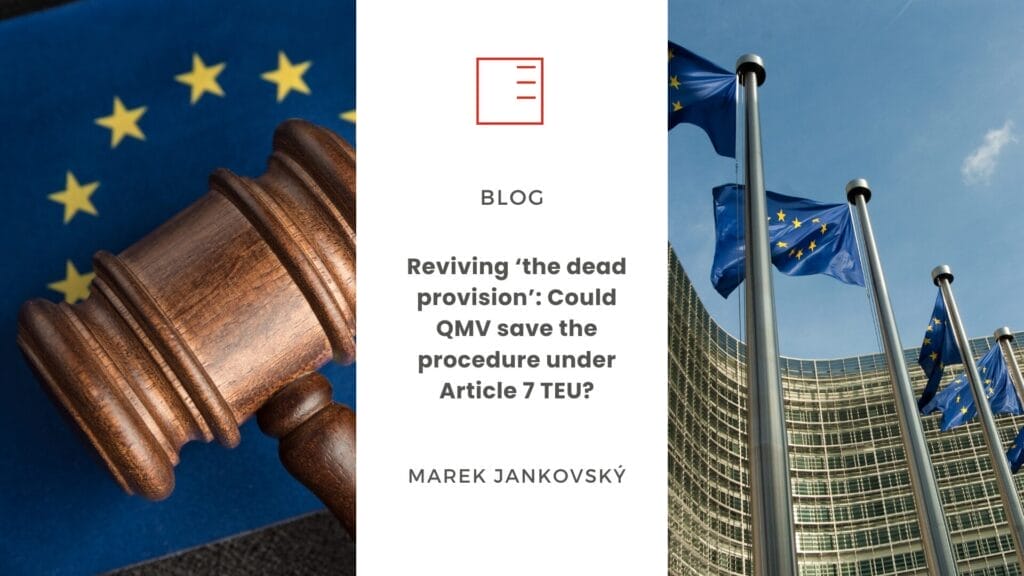
Blog | Oživení „mrtvého ustanovení“: Mohlo by hlasování kvalifikovanou většinou zachránit postup podle článku 7 Smlouvy o EU?
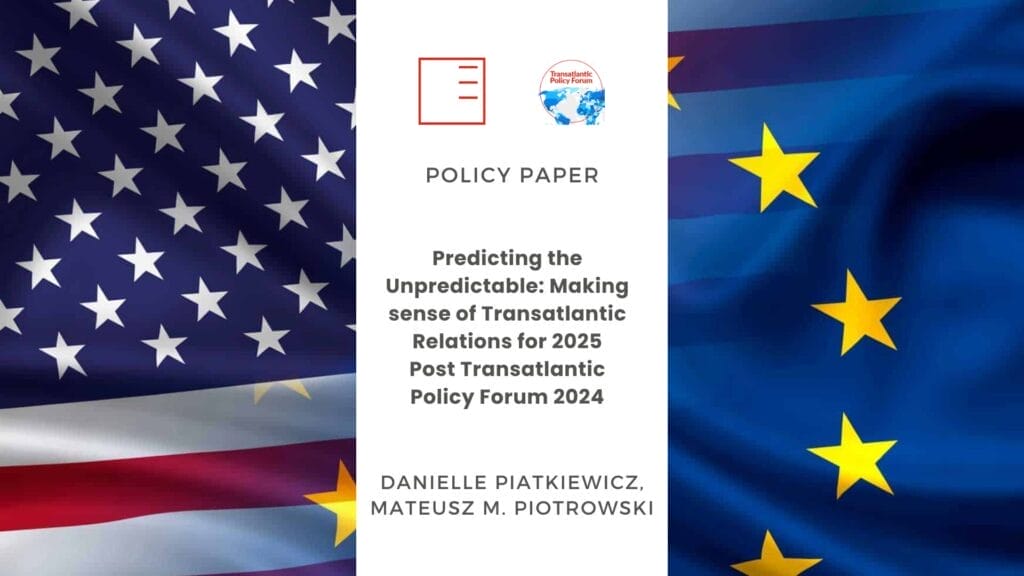
Policy Paper | Předvídání nepředvídatelného: Předvídatelnost a smysl transatlantických vztahů pro rok 2025
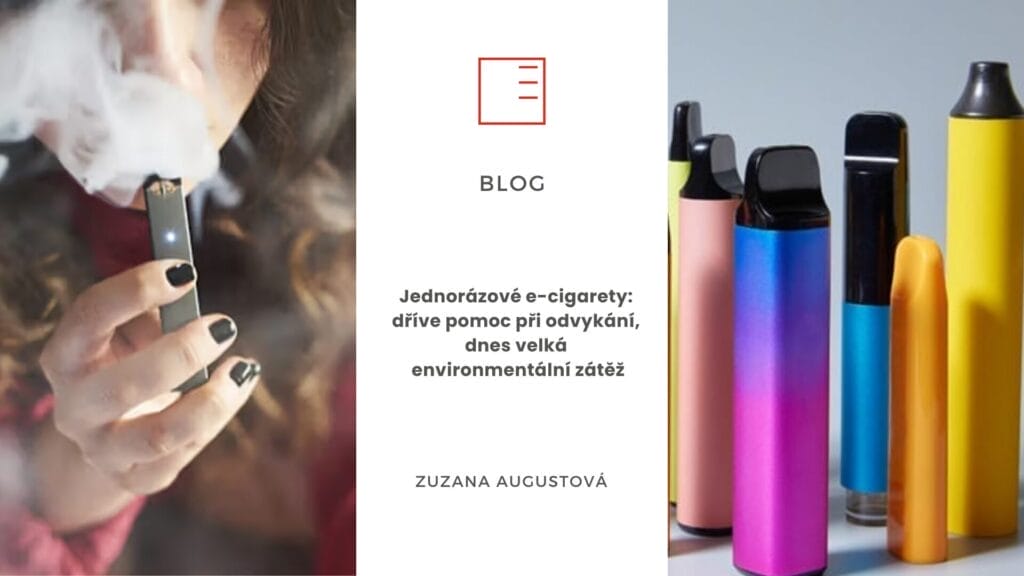
Blog | Jednorázové e-cigarety – dříve pomoc při odvykání, dnes velká environmentální zátěž

Blog | Genderová dimenze rozvojové politiky EU: Případ Namibie

Blog | Revoluce na silnicích: Budeme všichni jezdit na baterky?
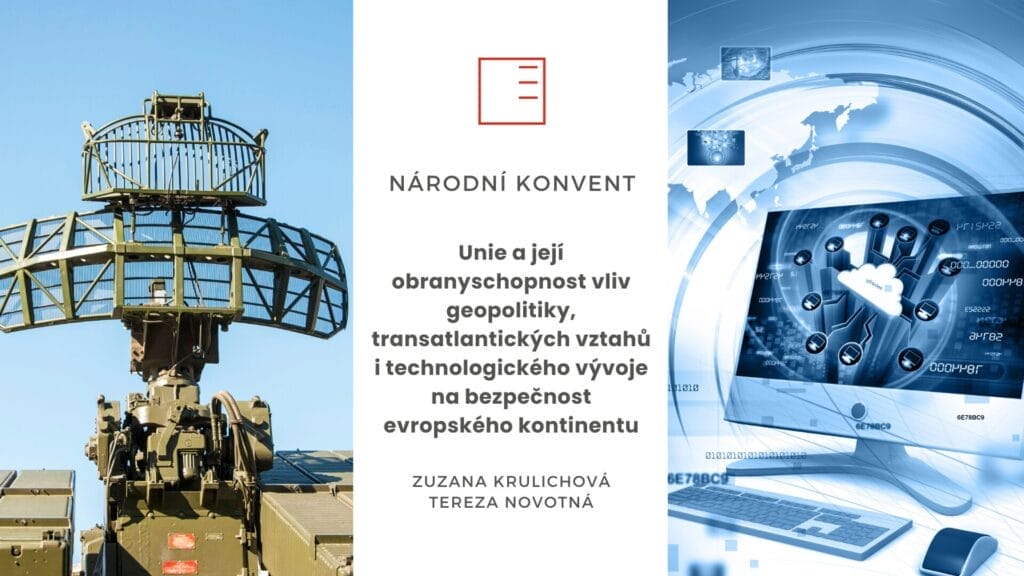
Národní konvent | Unie a její obranyschopnost: vliv geopolitiky, transatlantických vztahů i technologického vývoje na bezpečnost evropského kontinentu
Sledujte nás na X
Poslechněte si náš podcast
Napište nám
Můžete nás kontaktovat vyplněním formuláře níže, e-mailem, telefonicky nebo prostřednictvím sociálních médií.
110 00, Praha 1













